Two Chinese firms are due to hold US initial public offerings next week, in a sign that New York markets remain attractive for companies despite recent talk of regulations driving them to other exchanges.
3SBio Inc, which sells a medication to stimulate red blood cell production, and solar cell maker JA Solar Holdings Co Ltd are set for US debuts next week, even as concerns mount over the dwindling number of international issues in the world's largest equity market.
President George W. Bush joined in on Wednesday, saying an excessive number of lawsuits and overregulation were hurting the competitiveness of US financial markets. He called for changes to the Sarbanes-Oxley Act on corporate regulation and said its Section 404 has been "costly for businesses and may be discouraging companies from listing on stock exchanges."
Evidence for the decline in US listings by foreign companies is mixed, especially with regard to China, one of the biggest sources of fast-growing companies conducting IPOs. In 2006, 15 Chinese companies raised $688 million in debuts on London markets, topping the 11 deals on US markets by number. But the US deals were far ahead by value, worth more than $2.5 billion, according to datatracker Dealogic.
Nonetheless, the number and value of Chinese IPOs in the United States is down from 2004 when 12 deals raised almost $5 billion, and only one of the 20 largest IPOs in the world listed in the United States in 2006, according to Dealogic.
The cost of adhering to Sarbanes-Oxley, the securities laws passed after the Enron meltdown, is a deterrent, said Donald Straszheim, vice chairman of Roth Capital Partners, who has long tracked China's rapid transformation to a market economy.
But he said access to the large investment groups in the United States offsets some of those concerns. "China's search for capital to finance their rapidly growing and evolving economy is only going to get more intense as the years go by," Straszheim said. "The US is going to get its share of these IPOs for sure."
Strong Chinese companies tend to list in Hong Kong or on foreign exchanges because those countries' offer stronger regulation than China's still-developing markets, he said.
For example, Shanghai's Composite Index fell almost 9 percent in the past three days, largely prompted by concern about regulators' moves to tighten rules for information disclosure by China's 1,400-plus listed companies.
Still, the index is up about 150 percent from a low point hit in July 2005. "Chinese investors do not have a long history of investing in equities," Straszheim said. "These markets remain volatile."
The search for stability and liquidity has led many Chinese companies to New York, which offers access to big institutional investors, said Ben Holmes, publisher of Morningnotes.com, an independent research firm in Boulder, Colorado.
3SBio Inc and JA Solar are scheduled to sell $100 million and $202.5 million in shares, respectively, based on the midpoint of their forecast share price ranges. The two should benefit from the success of a string of IPOs from China, even though both carry high price-to-earnings multiples.
JA Solar would trade at 63 times annualised earnings while 3SBio would trade at 70 times annualized 2006 earnings if priced at their midpoints, said Francis Gaskins, an independent IPO analyst and president of IPO Desktop.
BR100
15,085
Increased By
112.5 (0.75%)
BR30
44,012
Increased By
987.7 (2.3%)
KSE100
148,618
Increased By
1274.3 (0.86%)
KSE30
45,248
Increased By
370.7 (0.83%)













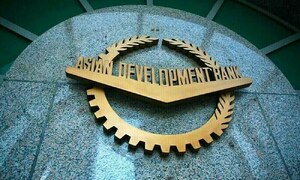
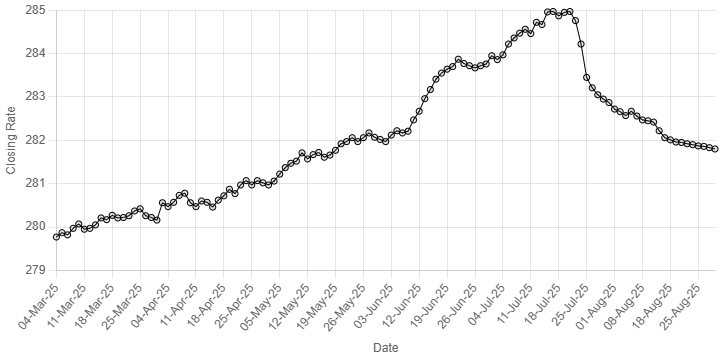
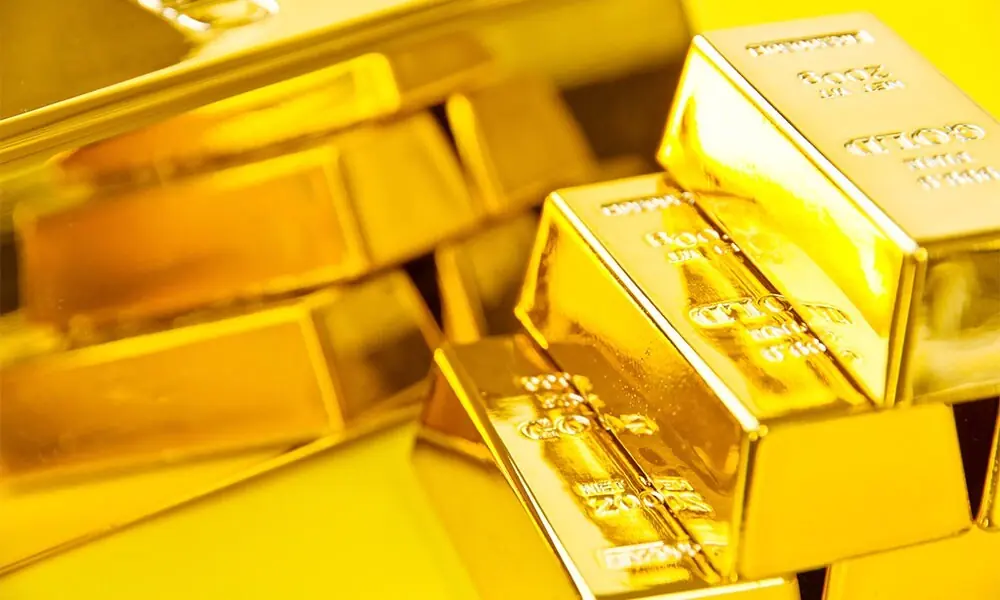

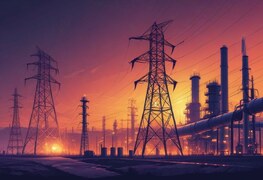

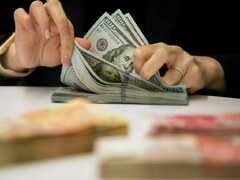

Comments
Comments are closed.